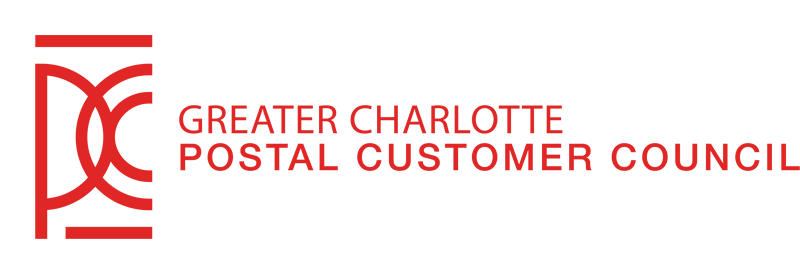The Postal Customer Council (PCC) Program began in 1961 with the formation of local mail users' councils, also known as citizens' advisory councils. The old Post Office Department organized the councils to improve communications between postal customers and local postal managers. The councils first came into prominence supporting a "mail early" campaign in the mid-1960s. In 1971, the name was changed to Postal Customer Councils.
The early mail users' councils were designed to focus on both residential and business mailing issues. However, it didn't take long for the local postal managers to realize that business mailers had the biggest impact on their local operations. Gradually, as "citizens" advisory committees" (CACs) were created to address residential mailing issues, PCCs became more business mailer-postal manager focused.
Once business customers and local postal managers began working together, they found that many problems could be resolved easily. Processing and delivery improved; customer satisfaction and business and postal revenues rose; and business and postal resources and equipment were used more productively. But more importantly, this customer satisfaction and cooperative working relationship reached such new levels that the direct mail industry was stimulated to grow steadily into the more-than-$400 billion-a-year industry that it is today.
Today, there are more than 250 PCCs representing nearly 150,000 active mailers. Through regular meetings, vendor events, educational sessions, mailer clinics and seminars, PCC members keep abreast of the latest postal developments and work closely with local post offices to make mail service more efficient, timely, relevant, and profitable. The U.S. Postal Service supplies speakers and resources for PCC presentations, and because we share the members' interest in efficient and economical mail service, we encourage business mailers to take part in PCCs whenever they can.
As it has since 1961, the Postal Service supports the PCC Program with management and resources, and it views the PCC Program as an important avenue for improving customer service, customer satisfaction, and corporate profitability - for both businesses and the Postal Service. Over the last four decades, the competitive arena has changed drastically - the emergence of faxes, email, electronic data interchange (EDI), electronic funds transfer (EFT), package service competition, and more. Through it all, and with the direct help of PCCs and the business partnerships they have fostered, the Postal Service has continued to grow, and it remains a viable, needed, and universal organization for the future.









